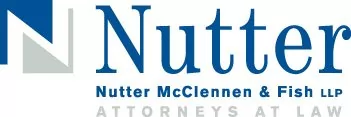In the recent case of Medtronic v. Mirowski, the Supreme Court held that "when a licensee seeks a declaratory judgment against a patentee to establish that there is no infringement, the burden of proving infringement remains with the patentee." This decision extends the Court's MedImmune ruling, which allows licensees to challenge the validity and/or infringement of a patent without repudiating the underlying license.
The Medtronic decision unanimously reversed the Federal Circuit, framing the analysis as "simple legal logic, resting upon settled case law." The opinion reasoned that the burden of proof is a substantive aspect of a claim, which rests on a patentee in a patent infringement action, and therefore cannot be shifted to a licensee seeking declaratory judgment because declaratory judgment is "procedural," leaving substantive rights unchanged. Medtronic also found support in "practical considerations" that may not bode well for patentees.
First, Medtronic reasoned that patentees should bear the burden of proving infringement, because they are in a better position to do so, and that licensees should not bear the burden because it could cause unnecessary complexity and could "negate every conceivable infringement theory." Second, Medtronic reasoned that "patent monopolies" should be open to challenge, to maintain a well-functioning patent system, and that public interest therefore favors leaving the burden of proof on the patentee.
It remains an open question whether Medtronic presents a default rule that can be contractually modified, or if any such modification would be unenforceable as a matter of public policy. Either way, Medtronic and its "practical considerations" appear to be in tune with the current debate on legislatively limiting patents. Please consult Nutter's January 2014 IP Bulletin for a discussion of such recent legislative efforts.
Originally published on March 17, 2014
This update is for information purposes only and should not be construed as legal advice on any specific facts or circumstances. Under the rules of the Supreme Judicial Court of Massachusetts, this material may be considered as advertising.

